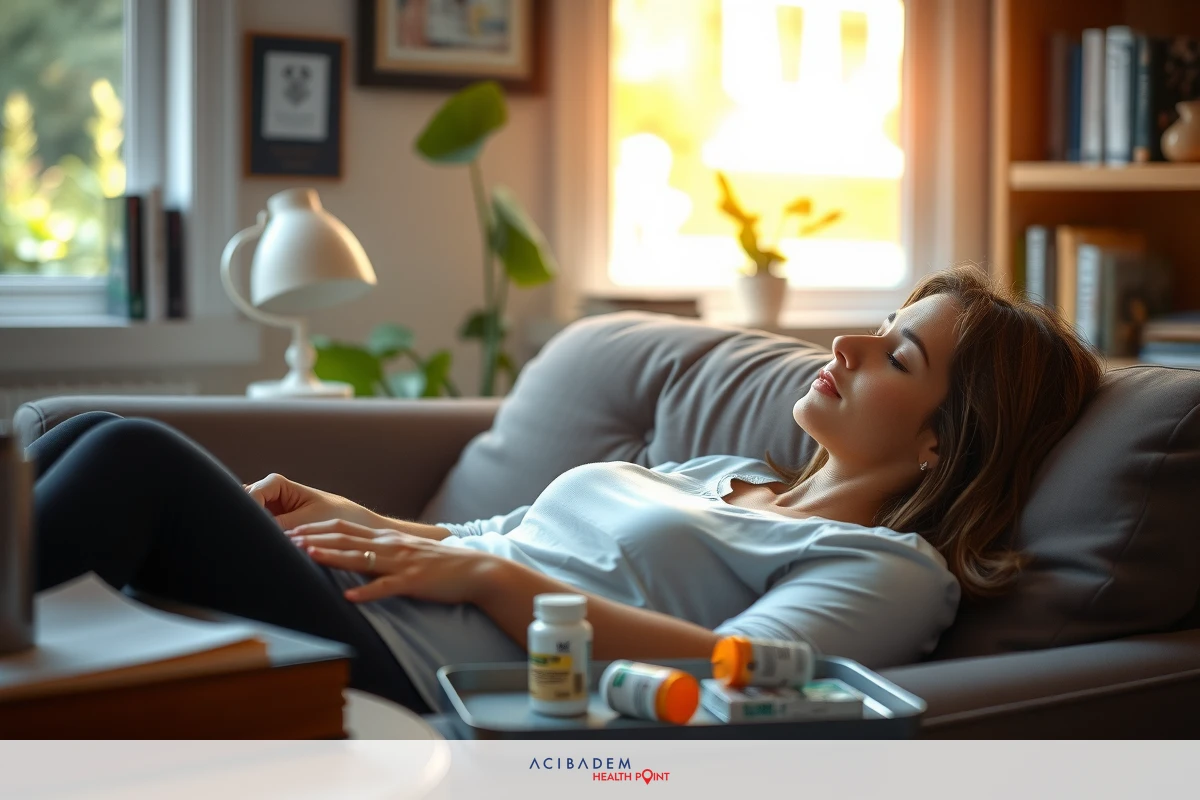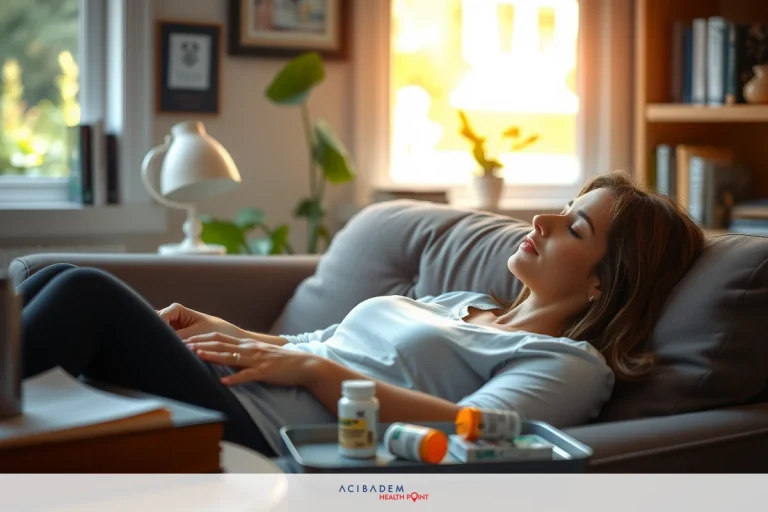How to Decrease Swelling After Rhinoplasty
How to Decrease Swelling After Rhinoplasty Rhinoplasty, often casually referred to as a nose job, is a prevalent cosmetic operation that adjusts the shape or size of the nose. Despite its popularity, many potential patients are apprehensive about the perceived pain and lengthy recovery time associated with the procedure.
Methods such as proper rest, elevating your head during sleep, and utilizing cold compresses can all contribute to decreased swelling. This article focuses on these techniques, offering tips and strategies for those recovering from rhinoplasty. With the right care and patience, patients can effectively manage post-rhinoplasty swelling and ensure a smoother healing process.
Managing Swelling
After a rhinoplasty procedure, it is common for patients to experience some degree of swelling. This is a normal part of the body’s healing process, and while it can be uncomfortable, it is important to remember that it is temporary. There are several techniques to help manage and decrease swelling, which can aid in your recovery.
The first technique involves the use of cold compresses. Applying a cold compress to the swollen area can help to reduce inflammation and discomfort. The cold helps to constrict blood vessels, reducing blood flow to the area and helping to minimize swelling. It is important to apply the compress gently, without applying too much pressure, as this can potentially cause further damage or discomfort.
Another effective technique for managing rhinoplasty swelling involves adjusting your sleeping position. Elevating your head while sleeping can help to reduce swelling by encouraging fluid drainage from the face. This can be achieved by using extra pillows or a specially designed wedge pillow. It’s also recommended that you avoid sleeping on your side or stomach, as these positions can exacerbate swelling.
Remember that every patient’s recovery process is unique, and what works best for one person may not work as well for another. Always consult with your healthcare provider before making any changes to your post-operative care routine. By utilizing these techniques, you can effectively manage post-rhinoplasty swelling and facilitate a smoother recovery process.
Elevating Your Head
Sleeping with your head elevated is a simple yet effective way to help manage swelling after rhinoplasty. When you lie flat, fluids can accumulate in the facial area, which can worsen swelling. By keeping your head raised, you encourage these fluids to drain away from the face, thereby reducing inflammation and aiding in your recovery.
It’s also important to note that while elevating your head aids in reducing swelling, the position you sleep in can also influence post-operative care and recovery. Experts typically advise against sleeping on your stomach or side after rhinoplasty as these positions can put pressure on the nose and potentially exacerbate swelling. Instead, aim to sleep on your back whenever possible.
Incorporating this simple adjustment into your nightly routine can greatly benefit your recovery process. Remember, it’s not just about getting enough sleep – it’s about optimizing the quality of your rest to facilitate healing. With proper sleep positioning, you’re not only decreasing swelling but also promoting a smoother recovery after rhinoplasty.
How to Decrease Swelling After Rhinoplasty: Cold Compresses
Cold compresses are a tried and true method for reducing swelling, particularly after surgical procedures like

rhinoplasty. The cold temperature causes blood vessels to constrict, which can decrease inflammation and provide relief from discomfort. Using a cold compress can stimulate blood flow to the area, promoting healing during the recovery period.
When using a cold compress, it’s crucial to ensure that the compress isn’t too cold or applied directly to the skin. This could potentially cause damage or result in frostbite. Instead, wrap the compress in a clean cloth or towel before applying it to the swollen area. It’s recommended to apply the cold compress for 15 minutes at a time with breaks in between to prevent any damage to the skin or underlying tissues.
Regular use of a cold compress post-rhinoplasty can play a significant role in managing swelling and promoting recovery. It’s essential to remember that this is just one part of post-operative care. Combining this with other methods such as elevating your head during sleep and maintaining a healthy diet will contribute significantly towards reducing swelling and ensuring a smoother recovery process.
Frequently Asked Questions
How long does swelling typically last after rhinoplasty?
The duration of swelling can vary from person to person. Generally, the majority of visible swelling subsides within the first few weeks after rhinoplasty. It is not uncommon for some residual swelling to persist for several months, especially in more complex cases. Full resolution of swelling may take up to a year or longer. It's important to be patient and follow your surgeon's post-operative care instructions to help minimize swelling and promote optimal healing.
Can I apply ice directly to my nose after rhinoplasty?
It is not recommended to apply ice directly to your nose after rhinoplasty. Instead, wrap the ice or cold pack in a clean cloth or towel to create a barrier between the cold source and your skin. This will prevent potential damage such as frostbite or skin irritation. Always use a gentle touch when applying cold compresses and avoid putting direct pressure on the nose.
Are there any specific foods I should avoid during my recovery period?
While there are no specific foods that need to be completely avoided, it is generally recommended to limit your sodium intake. Foods high in sodium can cause water retention and potentially worsen swelling. It is advisable to avoid alcohol and caffeine as they can dehydrate your body. Staying hydrated by drinking plenty of fluids such as water and consuming a balanced diet rich in fruits, vegetables, and lean proteins will support your recovery process.
Can sleeping position affect swelling after rhinoplasty?
Yes, your sleeping position can affect swelling after rhinoplasty. It is recommended to sleep with your head elevated to help reduce fluid accumulation in the facial area and minimize swelling. Avoiding sleeping on your stomach or side is also advised as these positions can potentially worsen swelling by putting pressure on the nose. Sleeping on your back with your head elevated using extra pillows or a wedge pillow can aid in reducing swelling and promoting a smoother recovery.











